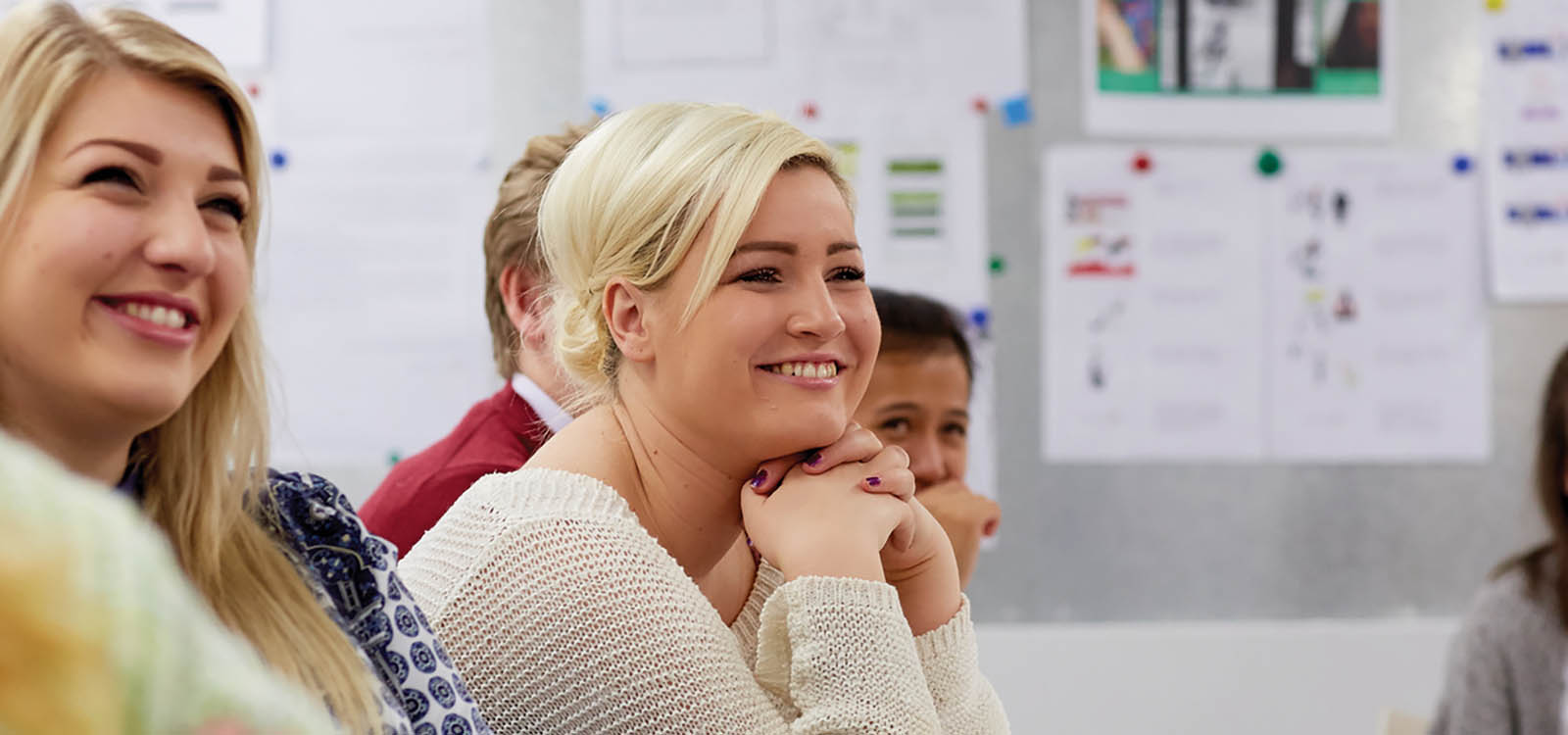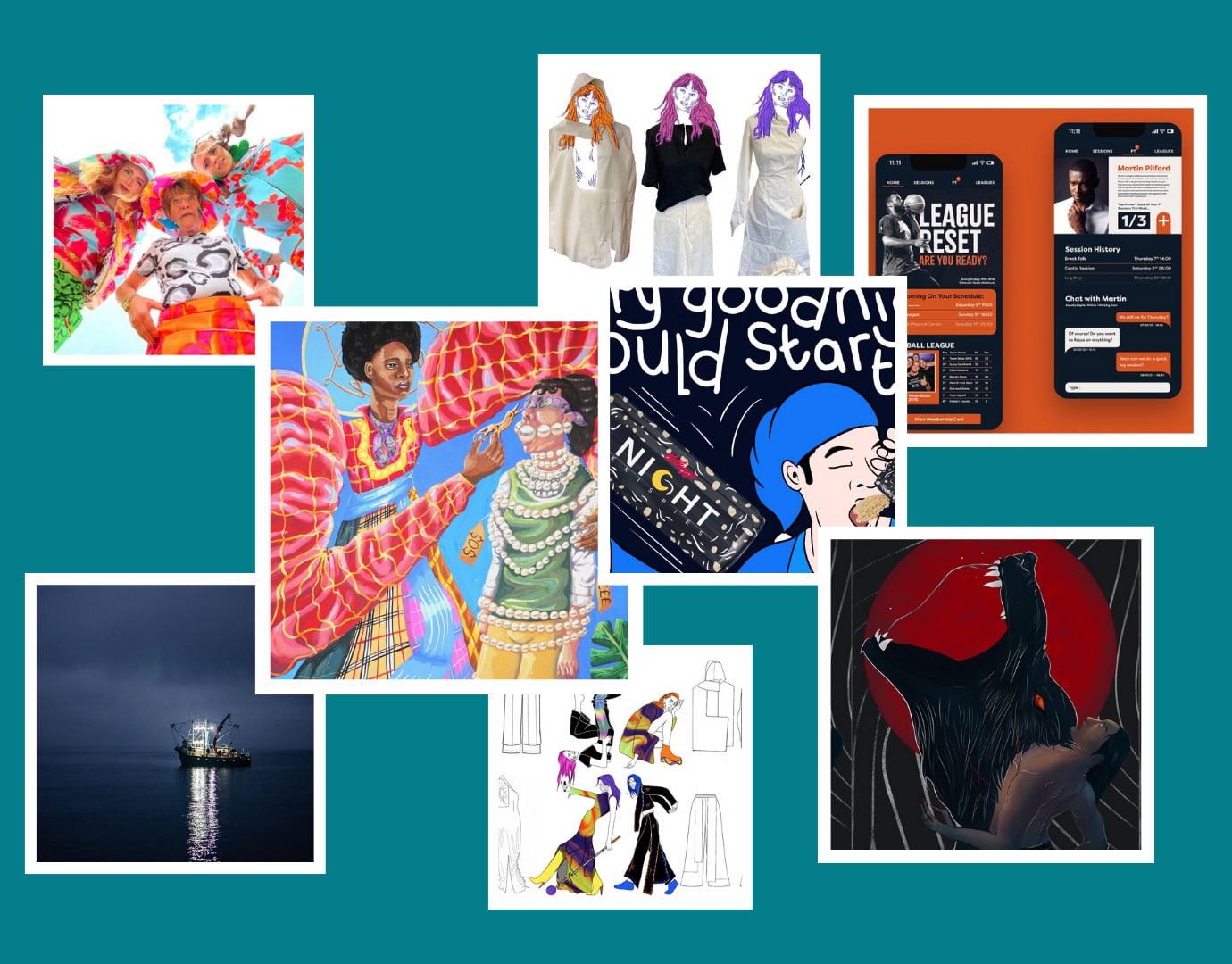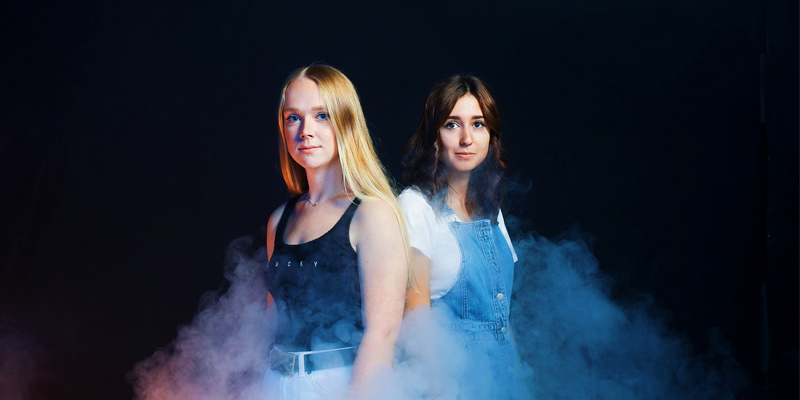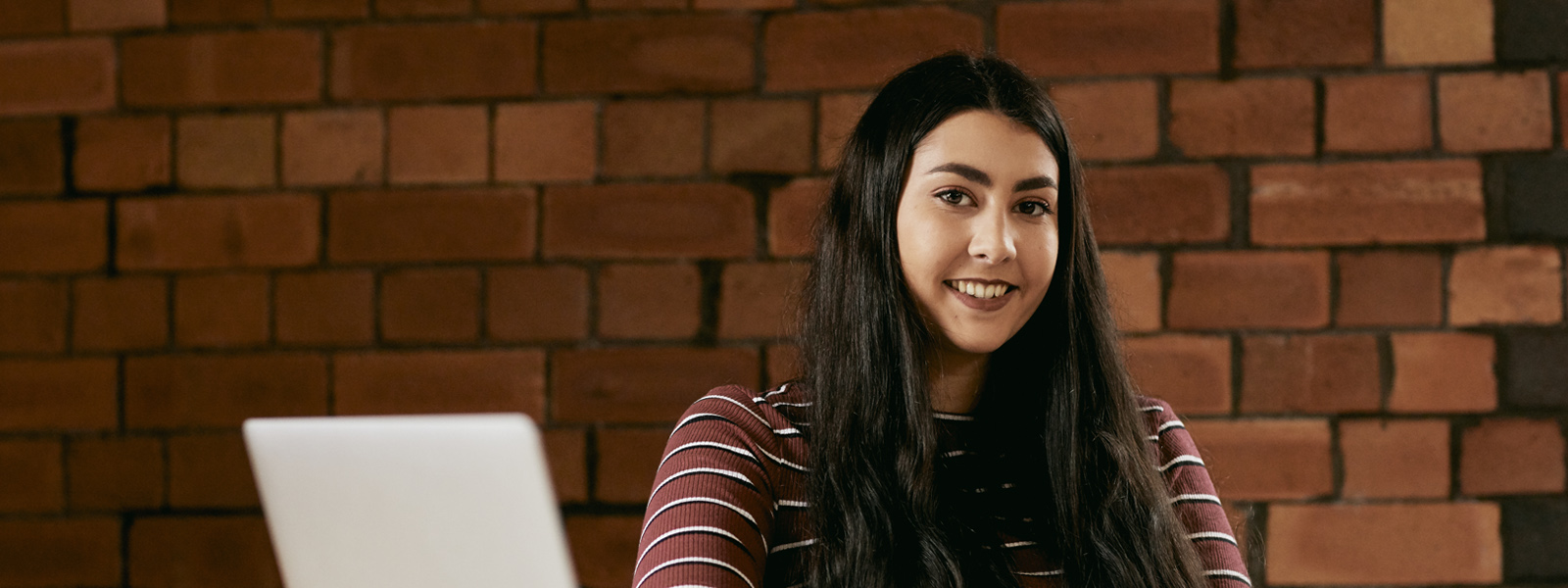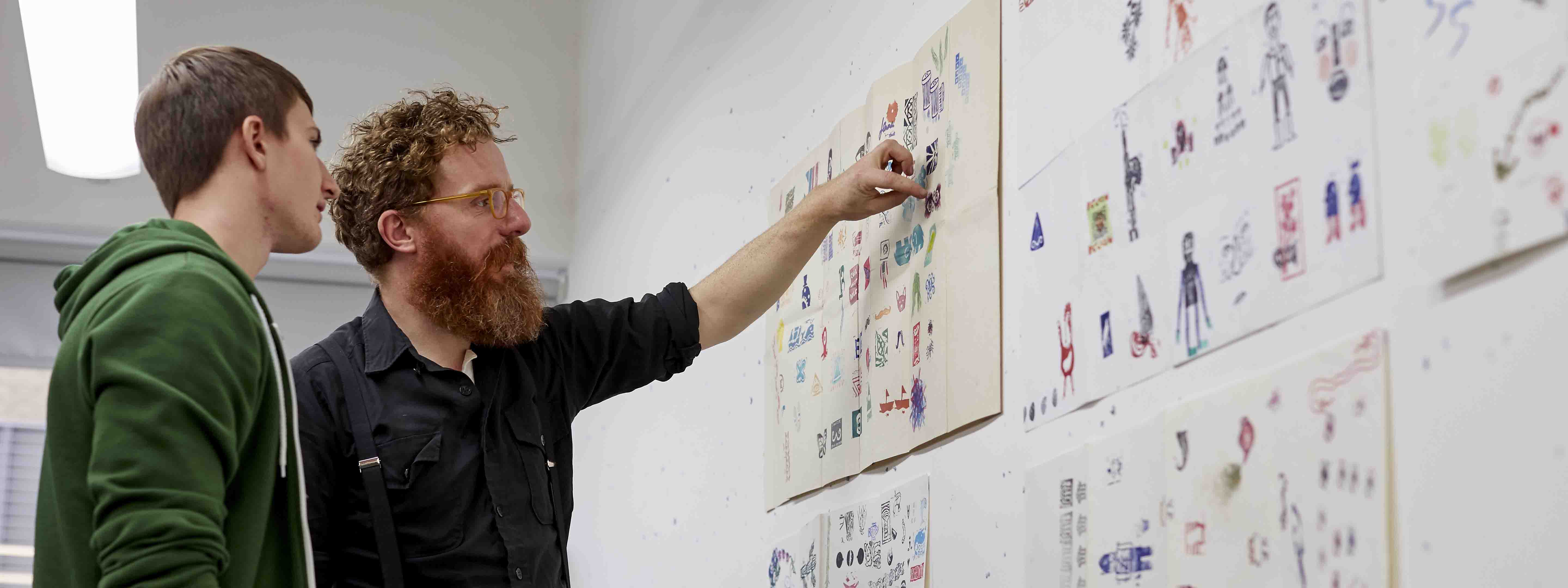Module Overview
Building on the foundations of reflective creative practice in Level 1, Contextual Studies 2 immerses you in key concepts, debates, and case studies related to the professional, economic, and socio-cultural dynamics of the creative industries. This module delves into the ethical dimensions of professional design, examining how issues like design activism, ecological awareness, and socially engaged practices influence creative motivations and shape the field.
These thought-provoking themes set the stage for an in-depth discussion on the role of ethics and purpose in contemporary design. By exploring these topics, you can gain a nuanced understanding of how design intersects with real-world issues, enhancing your awareness of professional practice within the broader landscape of the creative industries.
Module Overview
The module aims to develop a deep and fundamental understanding of advertising practice through the scrutiny of ‘strategy – concept – execution’ as an important creative process. Students can explore different practical techniques for idea generation, copywriting, and strategies to solve a wide range of advertising problems. The module is underpinned by teamwork. Psychology and communication theories inform the practical projects and explore a wide variety of current advertising media.
Module Overview
This module links to industry with a focus on employability. The advertising industry is examined and contextualised through studio-based activities. Central to this module is the opportunity for the student to elect a self-initiated work placement, or alternatively a live brief from either an agency or end client. Students may gain real life experience and the opportunity to engage with industry in a contextualised manner as they start to prepare for their career.
Module Overview
The "Interdisciplinary Collaboration" module offers an exciting and dynamic learning experience for students in graphic design, creative advertising, illustration, and product design. Each year, the module's projects are tailored to reflect the latest trends and needs in the design industry, ensuring that students gain relevant and cutting-edge skills. With a focus on user experience design, AI in design, influencing and content creation, virtual reality, and design for social change, students will work on projects that challenge their creativity and technical abilities. This module is ideal for those looking to stay ahead in the fast-paced world of design and make a meaningful impact through their work. Additionally, it provides an opportunity for students to shape their own degree, offering pathways for further elective specialisms in Level 3. Students will also have the chance to learn and utilise new industry tools and technologies, and work in new groups outside of their existing course, fostering interdisciplinary collaboration that reflects the current design industry.
Module Overview
The module explores in more depth the skills and experience of visual communication, copywriting, and creative advertising developed in the first year of the programme. Central to the module is the process of making informed decisions that result in visually appropriate creative solutions to advertising problems. Students can explore different methodologies, practical techniques for realising and executing creative ideas, and creative concepts and strategies.
Module Overview
This module provides an opportunity for students in the Lincoln School of Design & Architecture to spend a semester in Year 2 studying at one of the University’s partner institutions. This opportunity has both academic and personal development dimensions.
In academic terms, during the semester abroad students undertake models that are equivalent to 60 credit module and content at one of the UoL partner institution in semester B.
Participation in study-abroad also offers unique opportunities for personal student development in the wider sense. Although students will be supported through the application process by the Module Co-ordinator and colleagues at the partner institution, much of the responsibility for organising the time abroad rests with the student. Study abroad offers the opportunity for students to develop graduate attributes, a global mindset and transferrable skills as exercise resilience, flexibity and open mindedness when adapting to and working effectively within a different academic culture and environment.
Students must submit an application to the School discuss why they wish to participate in a study period abroad.
Module Overview
This module is optional for undergraduate students within the College of Social Sciences and Humanities. Study Abroad enables you to study at one of the University’s approved partner institutions.
During the time spent abroad, you can share classes with local students and study modules at the partner institution which have been approved in advance by the University. As many partner institutions support internships, you may choose to combine study with work and/or a period of volunteering.

